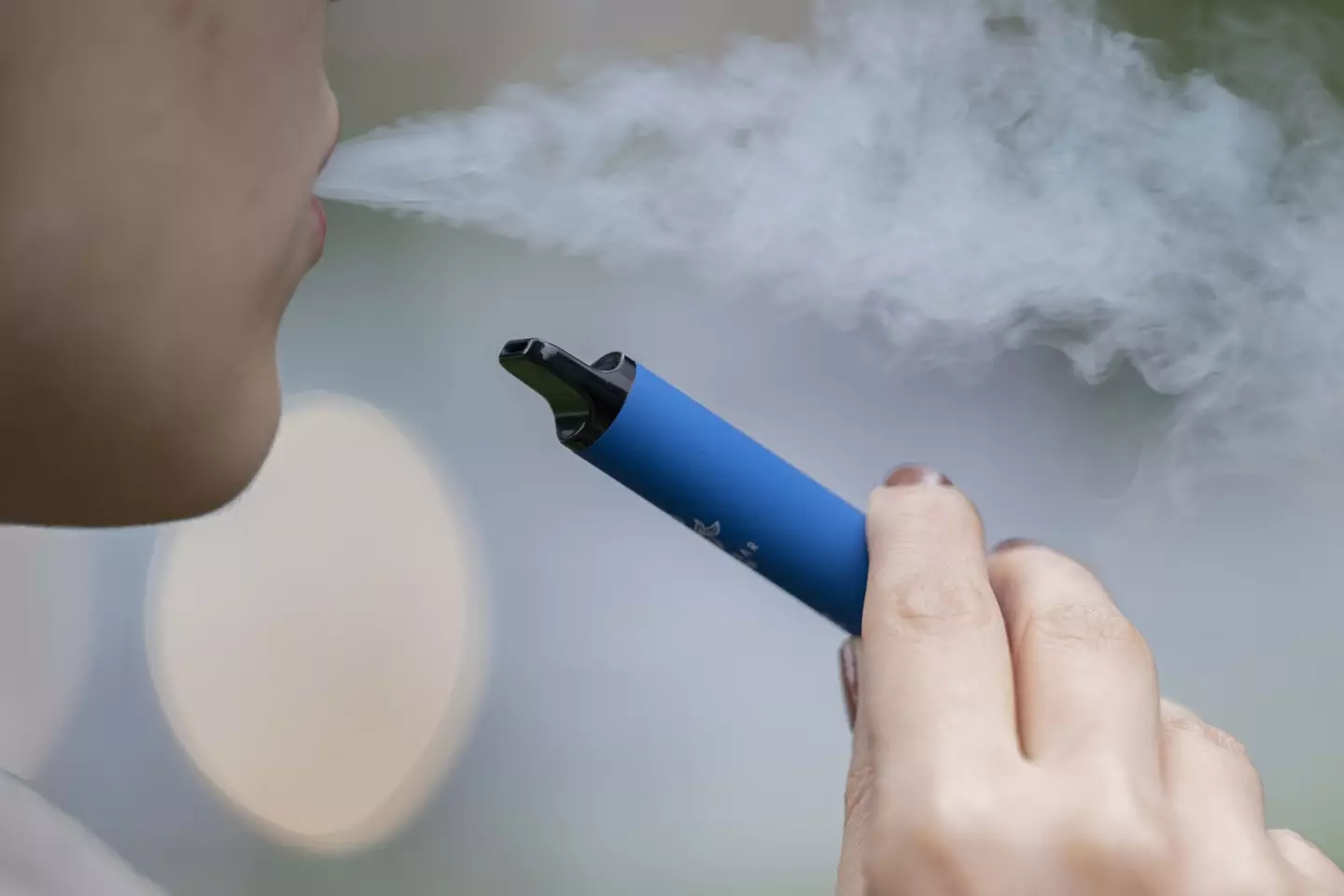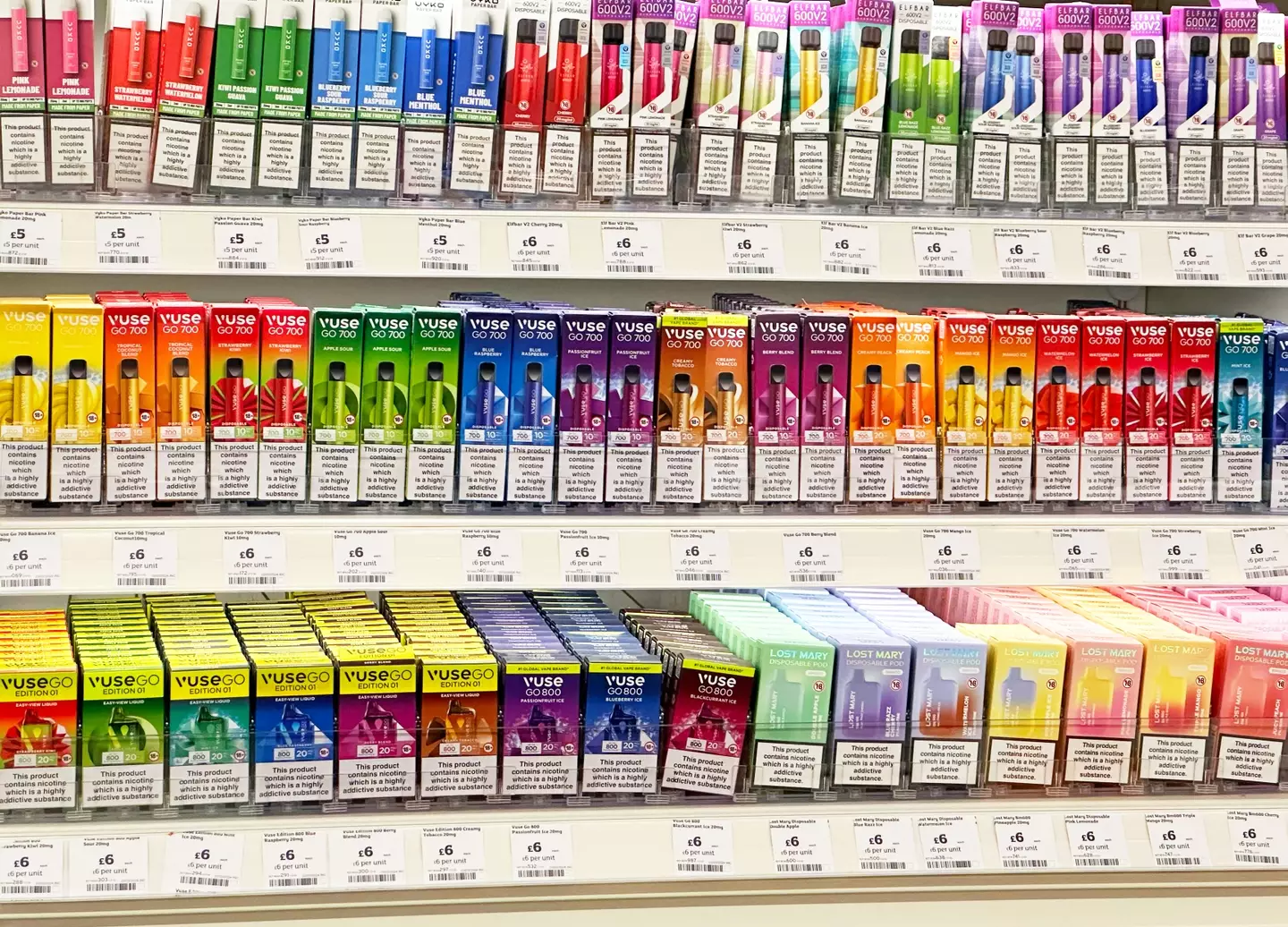
Despite being less harmful than smoking, scientists have known for a while that vaping doesn't come without health impacts.
But new research has discovered a particular flavor that could be the worst of them all - and it’s a pretty popular one too.
The researchers believe the flavour weakens the lungs’ natural defences, making it harder for them to fend off dangerous germs.

Advert
A team of scientists in Canada found that berry-flavored vapes are the most damaging to the lungs compared to unflavored ones.
So, why is it that berry-flavored vapes are all the more harmful?
“We need to be careful about the types of flavours that we’re including in these products. They can have detrimental effects,” said study co-author Ajitha Thanabalasuriar, an assistant professor in the Department of Pharmacology & Therapeutics at McGill University, in a media release.
“I think that’s really the take-home message, especially some of these vaping products that are marketed for kids — the way they’re sold, the type of containers they are sold in — it’s very colourful, it’s really attractive to children, and this can be a really bad thing for our future.”
Advert
In their study, the team exposed mice to both flavoured and unflavored vapour over several days. They used live imaging to watch how the mice’s lung immune cells reacted in real time.
Specifically, the researchers focused on immune cells in the lungs called alveolar macrophages (AMs). These cells play a big role in protecting our lungs by moving around and removing harmful particles.

They then stained the AMs to visualise movement patterns through advanced microscopy and analysed protein expressions via proteomics.
Advert
When the mice inhaled berry-flavored vapour consistently, additional chemicals in the vapour seemed to interfere with the cells’ ability to do their job.
By comparing mice exposed to berry-flavored vapour with control groups that only inhaled air, they could observe changes in AM mobility, structure and response to bacterial infection.
According to the study published in the journal PNAS, the AMs became 'paralysed', and their immune behaviour shifted from actively engulfing bacteria to just probing it.
This weakened immune response against inhaled bacteria, like Pseudomonas aeruginosa, ultimately reduced the mice's survival rates.
Advert
While studies on animals have limitations when it comes to applying the results directly to humans, findings like these can help pinpoint the exact chemicals in vapes that are kinds of damage that might not have been previously recognised.